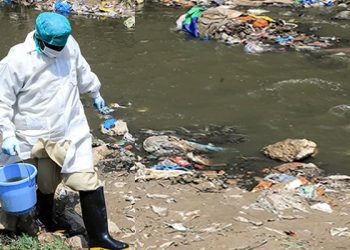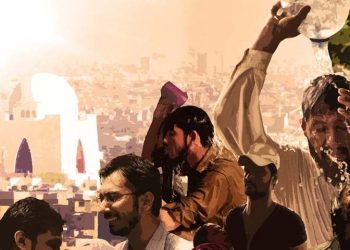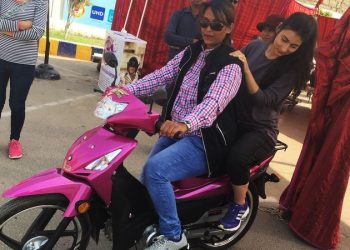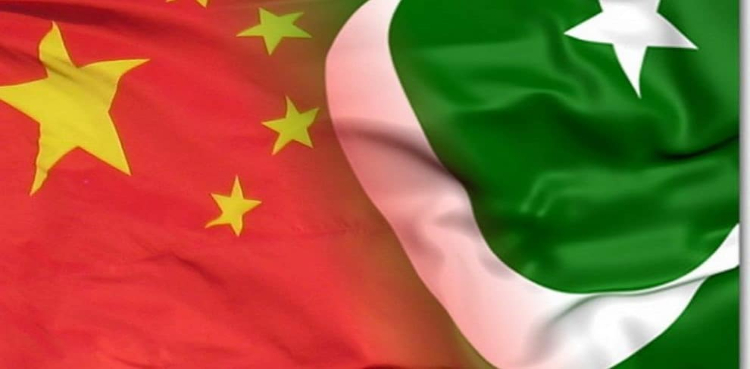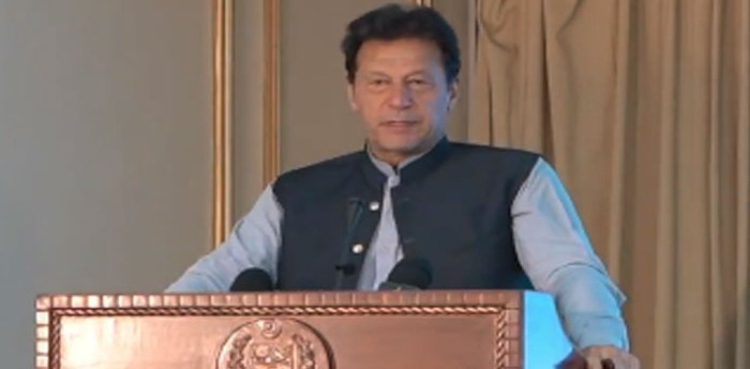The Pakistan Tehreek-e-Insaf (PTI) secured major relief from the top court on Friday as five of its candidates including incarcerated party president Parvez Elahi, were granted permission to contest the upcoming February 8 elections.
Besides Elahi, the Supreme Court on Friday approved appeals of PTI candidates Umer Aslam, Major (retd) Tahir Sadiq, Sanam Javaid Khan, and Shukat Basra against returning officer decisions to reject their nomination papers from different constituencies.
Elahi has been allowed to contest the general election from the PP-32 constituency of Gujarat district.
The former Punjab chief minister had approached the Supreme Court to contest the upcoming general elections and challenged the verdict of the Lahore High Court (LHC), upholding the Election Tribunal’s decision of rejecting his nomination papers.
The PTI president, presently confined in Adiala Jail, filed a petition in the apex court under Article 185(3) of the Constitution for leave to appeal against the judgment dated January 13, 2024, passed by the LHC in his petition.
Elahi nomination papers were rejected from National Assembly constituency NA-64 (Gujrat-III) and Punjab Assembly’s constituency PP-34 (Gujrat-VIII).
A three-member bench of the Supreme Court comprising Justice Mansoor Ali Shah, Justice Jamal Khan Mandokhail and Justice Athar Minallah heard Elahi’s plea.
Advocate Faisal Siddiqui represented Elahi in the case.
Presenting his arguments, Elahi’s counsel highlighted anomalies in the objections raised by the rival candidates and the Election Commission of Pakistan (ECP).
“We don’t want a delay in elections,” Siddiqui told the bench. He implored the court to grant permission to his client to contest the upcoming elections in Gujarat.
Justice Minallah observed that voters should not be deprived of their right to vote.
He said a returning officer is supposed to facilitate and not obstruct the election process.
“It is strange that all this is happening to only one political party,” Justice Minallah remarked.
Justice Shah said elections call for the inclusion of people and not exclusion.
“Article 17 says that no one can be barred from contesting an election without valid reasons,” he said.
The SC judge said the Constitution allows enfranchisement and not disenfranchising the voters via elections.












































